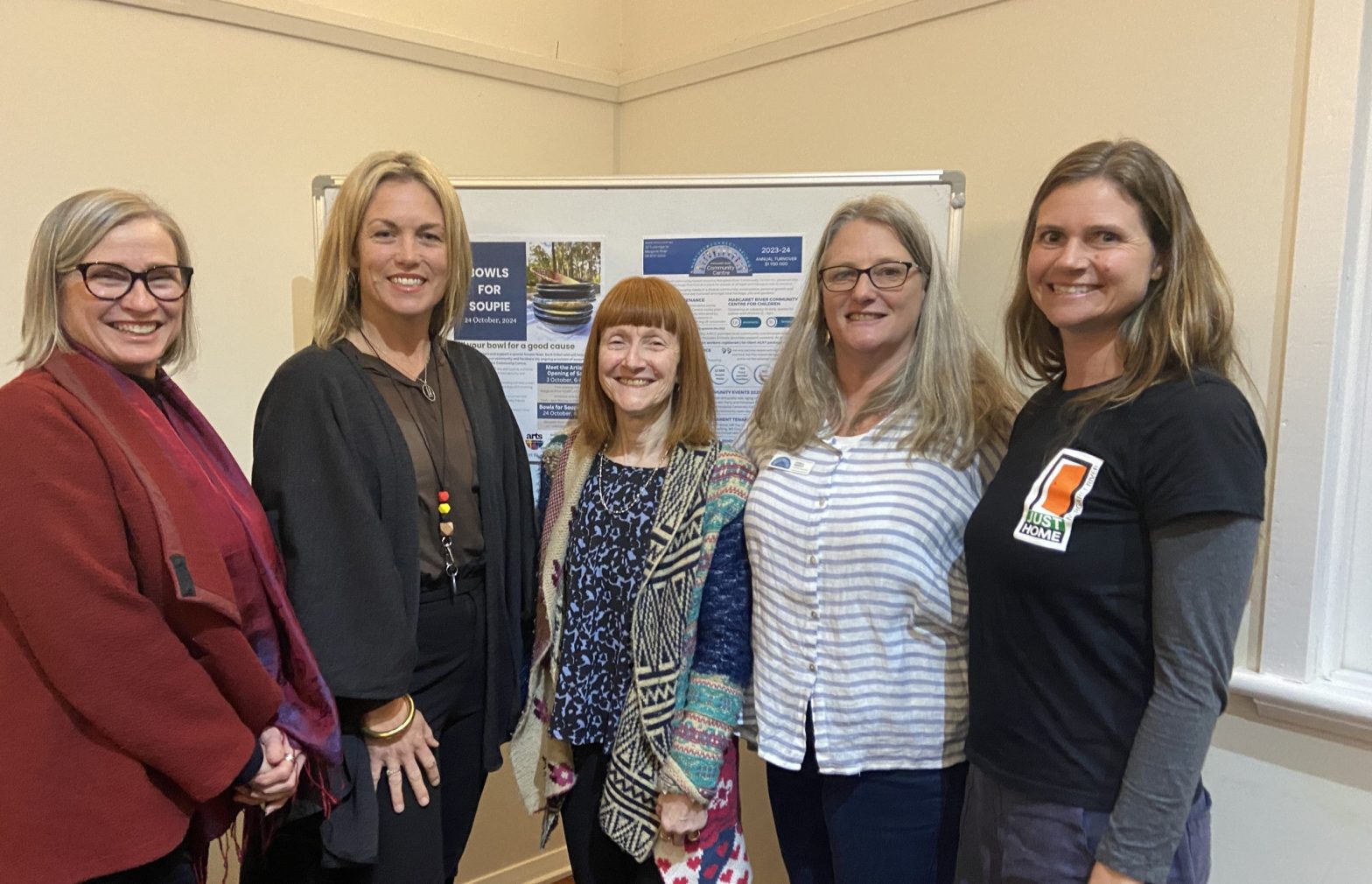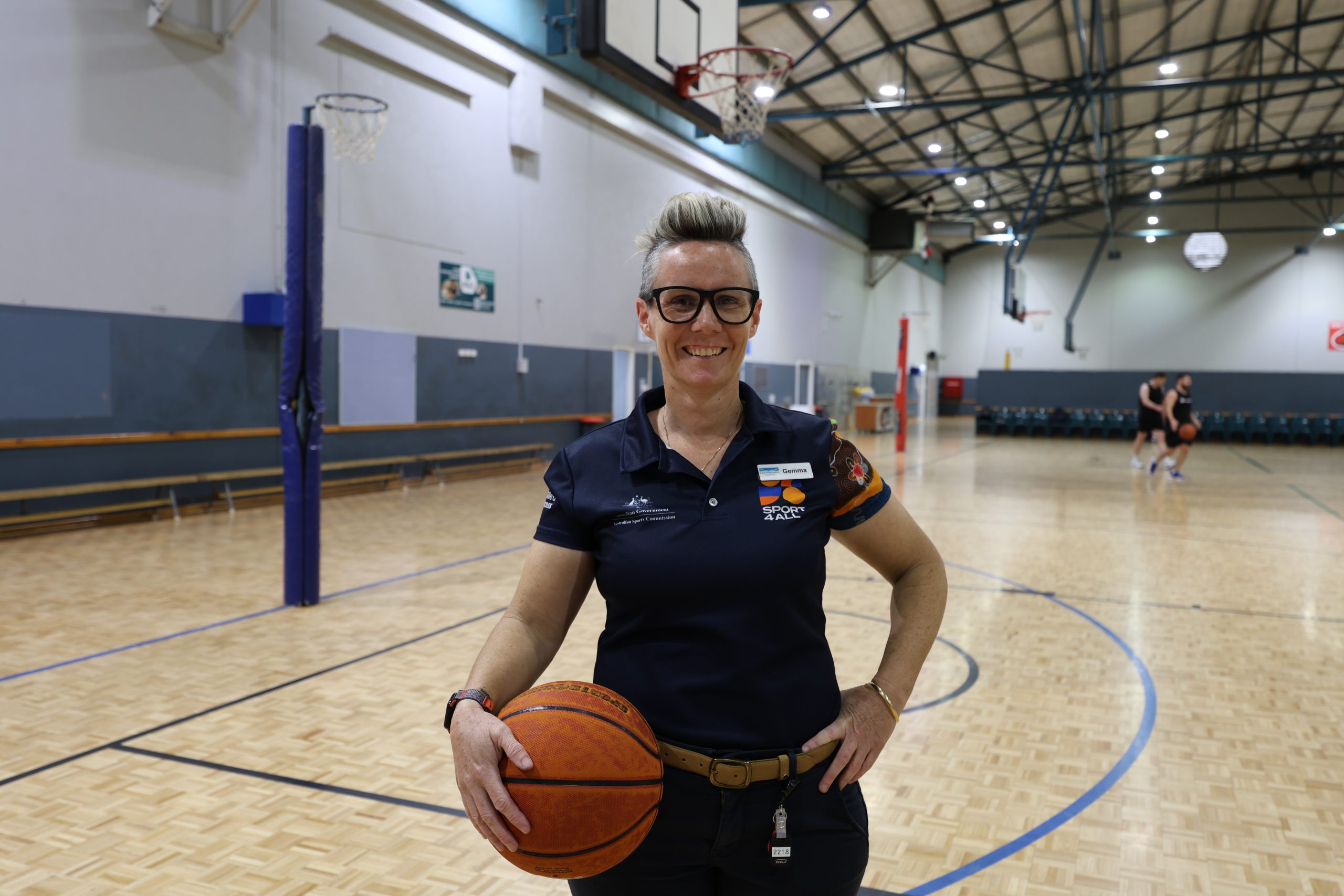Community talk highlights gaps in support services
Rachel Siewert, Deputy CEO of the WA Council for Social Service spoke of the importance of local groups filling the gaps created by regional delivery models, at a public talk last week.
The former state politician was guest presenter at the annual general meeting of Margaret River Community Centre Inc.
Her talk highlighted the disadvantage created by distance from government agencies and service providers.
“If the agencies that are funded by the government aren’t able to come out to the regions, then there really needs to be support for people to travel to those services, especially when public transport options are limited,” she said.
The increasing dependence on electronic communications is also a factor.
“There are sectors of our community who do not have the digital literacy or knowledge that is required to find and complete forms online. If that is the only way for someone, for example, to apply for a subsidy or payment then they will miss out.
“There is also the cost of personal technology; some people don’t have ready access to devices either.”
Following Ms Siewert’s presentation, MRCC Inc Chair Jessica Worrall facilitated a panel discussion.
“When service providers are at capacity servicing people in Bunbury and Busselton and telling us if those bookings lessen, then they will try to visit Margaret River once a fortnight or month, the government can’t also be telling us that they are providing outreach services to our town,” Community Centre manager Lydell Huntly said.
Naomi Godden, founder of Just Home Margaret River, highlighted the impact of the perceived affluence of the local community.
“Cost of living and housing challenges are belittled with the notion that people are making a ‘lifestyle choice’ to live here,” she said. “Yet 50 percent of the people we assisted via the Housing Information and Referral Service had been living in Margaret River for ten years.
“These people are connected here. They have supports and reasons to stay. Relocation is not a way to address community need.”
Shire President Julia Meldrum reiterated advocacy work by the Shire, lobbying State government to address housing needs.
Attendees acknowledged the role and significance of community groups that arise in response to specific local needs. Historian Bill Bunbury agreed, referencing research that showed this was the case 100 years ago.
“It was individuals coming together to lobby for medical services to be provided for the Group Settlers that led to the eventual construction of this original hospital,” Bill said. “In turn, this was fundamental to the growth and development of the Margaret River District.”
The value of community efforts and volunteers was applauded before Ms Worrall closed the evening on a positive note: “It is clear that we need to keep collaborating and supporting each other to ensure the needs in our community are identified and supported.”



















